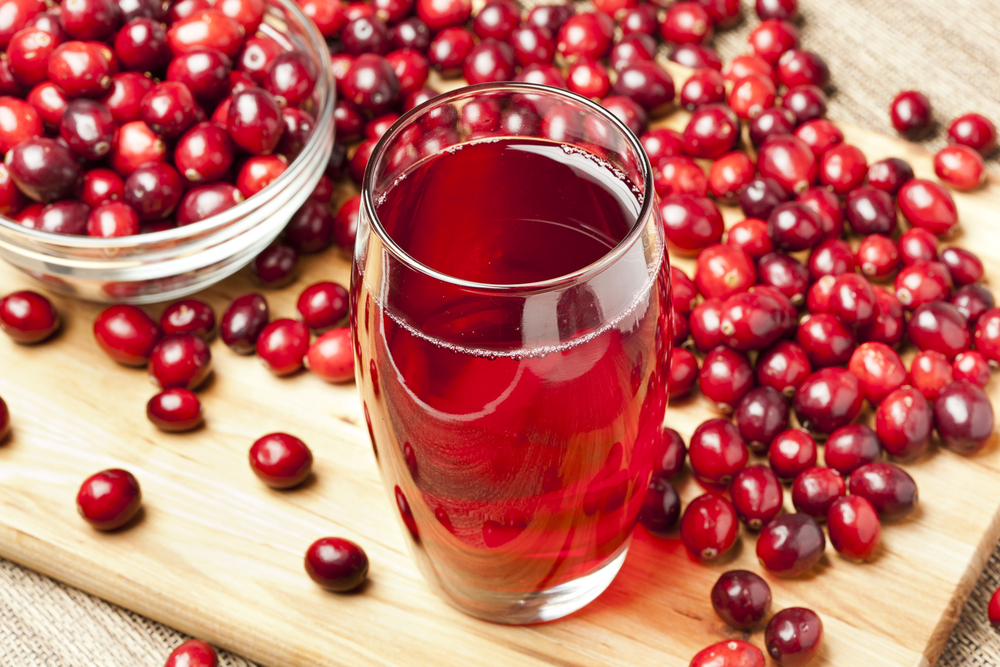Vitamin E supplementation found to ease period pain

Painful periods, known as dysmenorrhea, are a common monthly symptom for many women, which can adversely affect quality of life. Indeed, it’s thought that as many as 80% of women experience period pain, which can be severe. However, a recent review and meta-analysis[1] of 1,002 women found that supplementing with vitamin E positively affects the release of prostaglandins, partly responsible for the monthly pain.
Prostaglandins are hormone-like compounds within the body that can help manage inflammation, but which may increase pain. They also prevent the release of arachidonic acid, a known inflammatory mediator.
The researchers note that including foods that are high in vitamin E such as almonds, sunflower oil, hazelnuts, tomatoes, mixed nuts, and spinach may also help the condition.
Probiotic supplementation improves cognitive function in older adults

There is much research on the inextricable link between the gut and brain when it comes to cognitive function. A team of researchers from around the world[2], including the Universities of Southampton and Loughborough, carried out a review of 10 studies on participants with Alzheimer’s Disease, Mild Cognitive Impairment or who were deemed to be healthy, older adults.
The majority of studies found there was cognitive improvement in subjects treated with probiotics for 12 to 24 weeks. Probiotics are often referred to as ‘beneficial bacteria’ or ‘friendly flora’ because they fulfil so many critical roles in the body.
We also understand that the gut microbiome plays an important role in synaptic transmission, producing key neurotransmitters, such as serotonin, hence the clear gut/brain connection. Additionally, probiotics are known to positively affect inflammatory markers throughout the body, and this may be one of the mechanisms for improved cognitive function.
Major review corroborates old wives’ tale about cranberry juice

Many people will have heard that drinking cranberry juice can help stop urinary tract infections (UTIs) but real data has been lacking. However, the largest review of research to date[3], has confirmed the benefits of cranberries, either in juice or taken as a supplement. The review looked at 50 recent trials involving nearly 9,000 participants. The study found cases of repeat UTIs in women were reduced by more than a quarter, which is great news for the millions of sufferers every year.
Experts believe the benefits are down to the high concentration of the antioxidant proanthocyanin in cranberries, which prevents the most common UTI-causing bacteria (E.coli) from sticking to the bladder wall.
[1] M Alikamali et al. The effects of vitamin E on the intensity of primary dysmenorrhea: A systematic review and meta-analysis. Clin Nutr ESPEN, 2022;52:50-59
[2] Yvonne Suzy Handajani et al. Probiotic supplementation improved cognitive function in cognitively impaired and healthy older adults: a systematic review of recent trial. Neurological Sciences (2023) 44:1163-1169
[3] Gabrielle Williams et al. Cranberries for preventing urinary tract infections. Cochrane Database Syst Rev. 2023 Apr 17;(4):CD001321




















Add comment